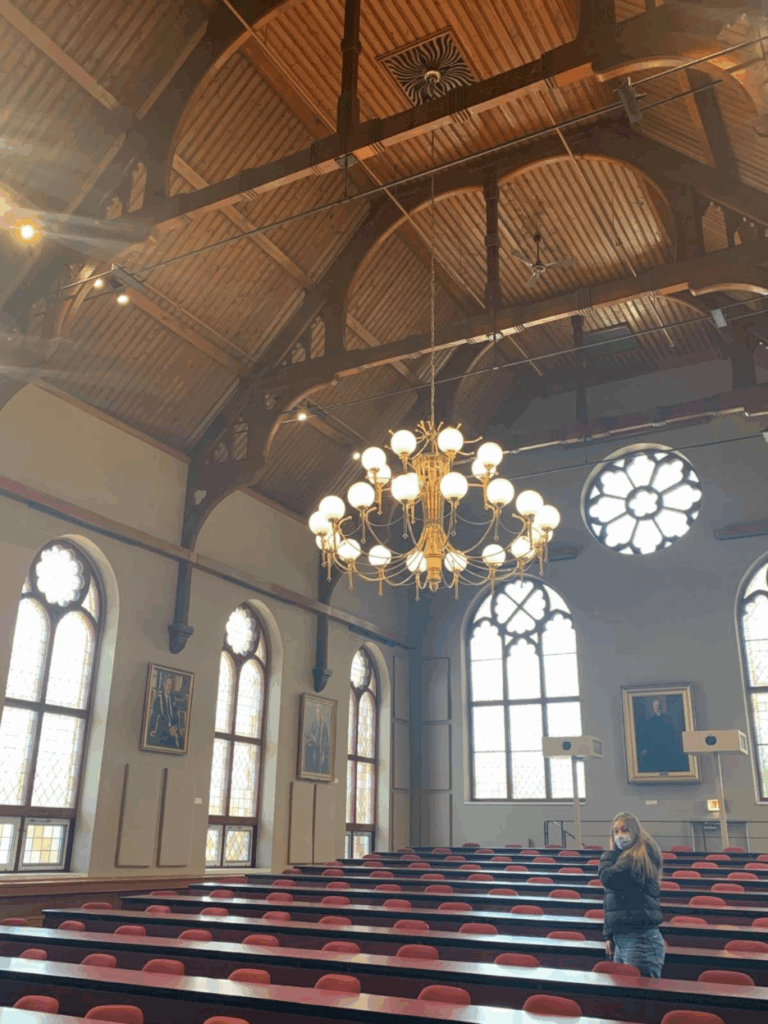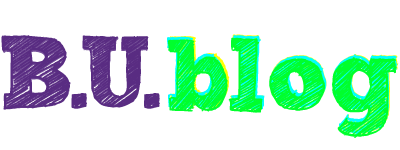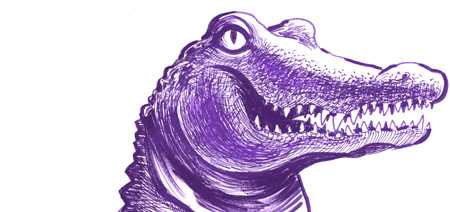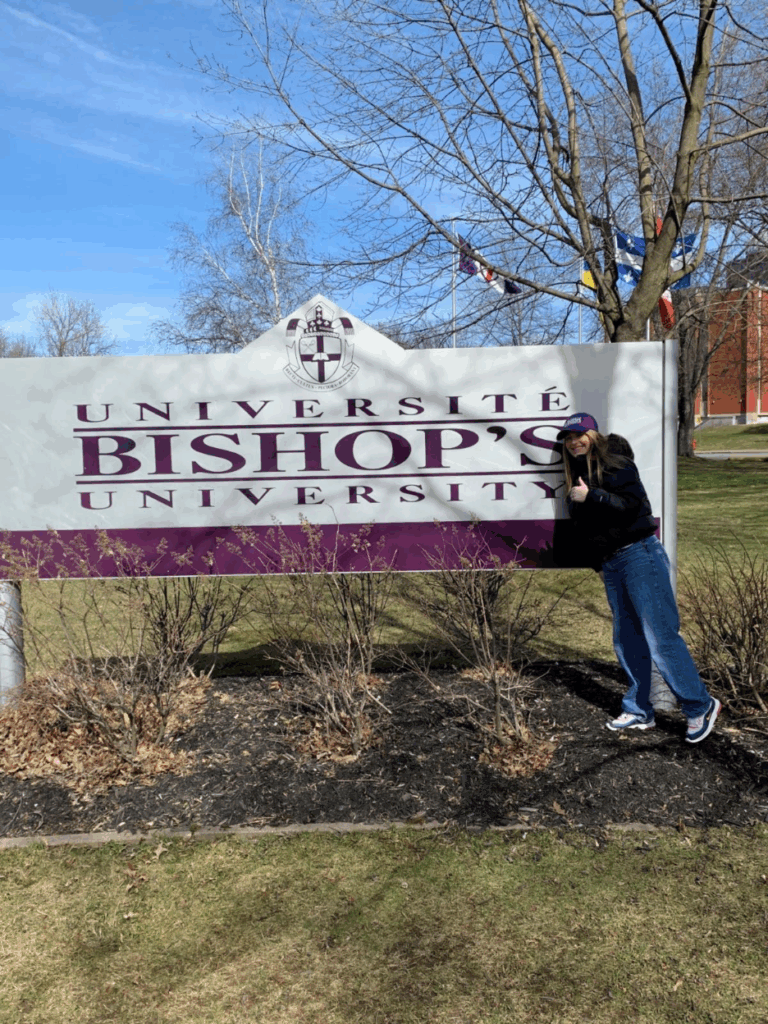When I first started looking at universities, I had no idea what “liberal education” actually meant. I saw it on the Bishop’s website, heard it thrown around on tours, and nodded like I understood. But honestly? I didn’t. It wasn’t until I was deep into my first year that I realized how much this approach was shaping me—not just as a student but as a person.
Unlocking Curiosity: The Adventure of Liberal Education!
At Bishop’s, liberal education isn’t just about taking a bunch of random courses for the sake of it. It’s about thinking critically, adapting, and seeing the bigger picture. It’s the reason why, as an Athletic Development and Health & Exercise student. I’ve found myself in Philosophy classes, Business lectures, and even an Art History seminar. It’s not always easy, and sometimes I’ve questioned why I need to write an essay on Renaissance paintings when I want to work in Sports Science. But looking back, I see how these experiences have helped me grow.
Is It a Blessing in Disguise?
I was skeptical, initially. In a program with a clear career trajectory like mine, it’s easy to think, “Why the need for anything outside my field?” But now, I wouldn’t trade it for the world. Liberal education has forced me out of my comfort zone in ways I could never have anticipated, revealing unexpected benefits.
For example, I took a Philosophy course that I initially dreaded. I figured it would just be about old guys arguing over abstract ideas unrelated to real life. Instead, I found myself completely absorbed in debates about ethics, logic, and the nature of knowledge. One class discussion on free will vs. determinism had me questioning everything I thought I knew about decision-making. It made me reflect on my own choices—not just in academics, but in sports, relationships, and life in general. This one experience of self-discovery is a testament to the power of liberal education.
That ability to question, analyze, and engage with complex ideas isn’t just useful in class—it carries over into everyday life. Whether it’s breaking down movement mechanics in a Biomechanics course or thinking critically about healthcare approaches, the skills I gained from Philosophy have made me a sharper thinker. This practical application of liberal education has given me a sense of confidence and reassurance in my abilities.
How Does It Make You a Better Student and Person?
Beyond academics, liberal education has changed the way I approach life. It’s made me more open-minded, more curious, and more adaptable. I’ve learned that having a well-rounded education isn’t about collecting credits—it’s about developing a mindset that prepares you for anything.
This approach has also shaped my future goals. I’m planning to go to Palmer College of Chiropractic, and I know that my experiences at Bishop’s will help me in ways beyond just science courses. Being a chiropractor isn’t just about understanding anatomy; it’s about building relationships with patients, problem-solving, and seeing health from multiple perspectives. The broad foundation I’ve gained from my education will make me a better practitioner in the long run.

Final Thoughts
If you had asked me in my first semester whether liberal education was good, I might have shrugged. Now, it is one of the best parts of my university experience. It’s suggestion: change to “it has” challenged, shaped, and made me more than just a student in my program—it’s made me a critical thinker, better communicator, and a more well-rounded person.
So, is liberal education a good thing? Absolutely. You just might not realize it until you’re deep into it!


